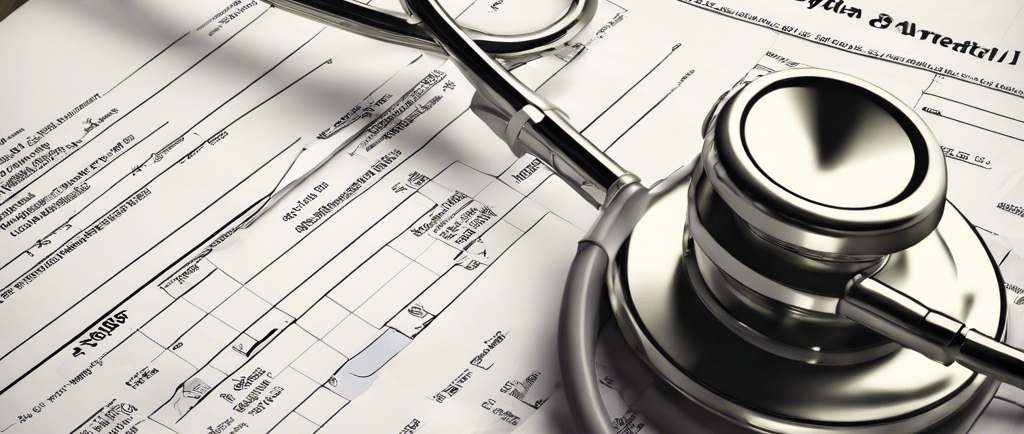Can I Negotiate a Medical Bill?
Most people do not understand the medical billing system and for good reason. Part of this is because each insurance entity has negotiated a different price for the service provided. Since there are multiple contracts with multiple insurance companies including ones from the government in the way of Medicare and Medicaid you can see how this could get quite confusing. Let's look a few different scenarios and see what bills you could receive from different parties involved in your care:


Hospital ER visit:
1.Hospital Bill for ER services
2. ER provider bill
3. Radiologist bill
4. Any specialists on the case
Urgent Care visit:
1. Urgent care bill
2. Laboratory bill
3. Radiologist bill
Doctors Visit:
1. Provider bill
2. Lab bill
3. Radiologist bill
The First Step in understanding your medical bill is to request an ITEMIZED BILL from each entity that is billing you. Look at exactly what you are being charged for to identify any errors or duplications. Specifically look at CPT codes ( which represent procedures or the level of service provided ) and ICD-10 codes which indicate the specific ailment you were treated for. These should make sense to you. The Centers For Medicare and Medicaid Services has a website with a wealth of information for you to explore at https://www.cms.gov/. On this site you can look up ICD-10 Codes and CPT codes as well as see the physician fee schedule for reimbursement through Medicare and Medicaid. Most private insurances have negotiated similar reimbursement rates per this schedule. For exact information about reimbursement rates from your particular insurance plan you would have to go to their website.
Review your EOB ( Explanation of Benefits)
This is NOT a bill, this is an explanation of benefits from your insurance company. You will see your deductible and if you have met it as well as any denials from the insurance company. They may have denied a service being paid for because the incorrect billing code was entered. If you can get this corrected they may get reimbursed for it. When in doubt call your insurance carrier and ask them why they denied a service to get help.
Once you understand your bill, what you have been charged for, and how your insurance company has paid out you can negotiate the balance. For example if you have no insurance and you know the physician rate of reimbursement from Medicare/ Medicaid for the CPT code billed for was $64.18 you could negotiate to pay that amount instead of the full price. Here is the link to the Physician Fee Schedule for Medicare and Medicaid https://www.cms.gov/medicare/physician-fee-schedule/search/overview
Hospital Charges
As of January 1, 2021 all operating hospitals in the United States are required to provide clear, accessible pricing information in two ways:
1. Comprehensive machine-readable file with all items and services.
2. Display of shoppable services in a consumer-friendly format.
More information specifically about the Transparency Act that was passed can be found at https://www.cms.gov/files/document/hospital-price-transparency-frequently-asked-questions.pdf
Comparison Shop
Medicare also provides a comparison tool where you can compare doctors/ clinicians, hospitals, nursing homes or rehab services, as well as home health services, hospice, acute rehabs, long-term hospitals, dialysis facilities at https://www.medicare.gov/care-compare/?redirect=true&providerType=Physician
DO NOT HAVE INSURANCE or PROCEDURE IS NOT COVERED?
You should be given a GOOD FAITH ESTIMATE, thanks to the No Surprises Act that went into effect January 1, 2022. If the bill is more than $400 from the good faith estimate you can dispute the bill. To find out more information go to https://www.cms.gov/medical-bill-rights/know-your-rights/no-insurance#dispute-a-bill
FINAL THOUGHTS
Finally, for more information on knowing your rights and protections when it comes to medical bills check out this information from Consumer Finance: